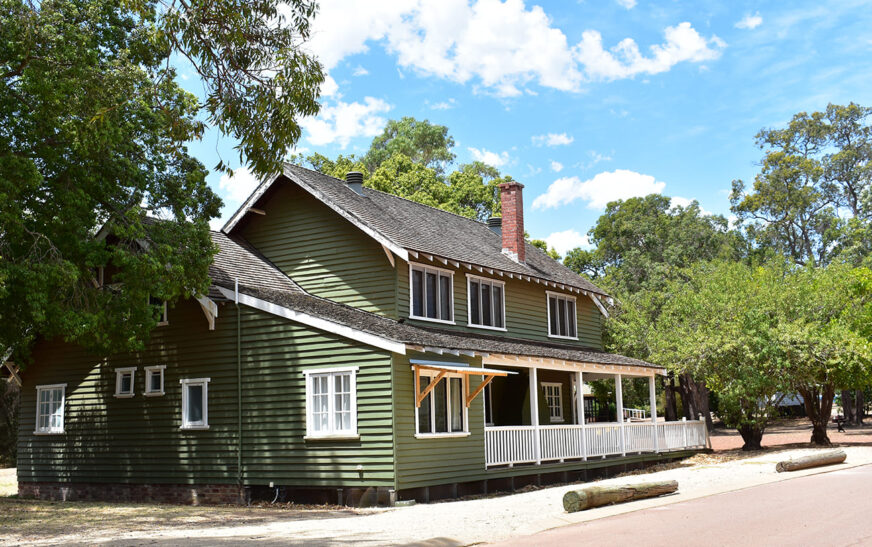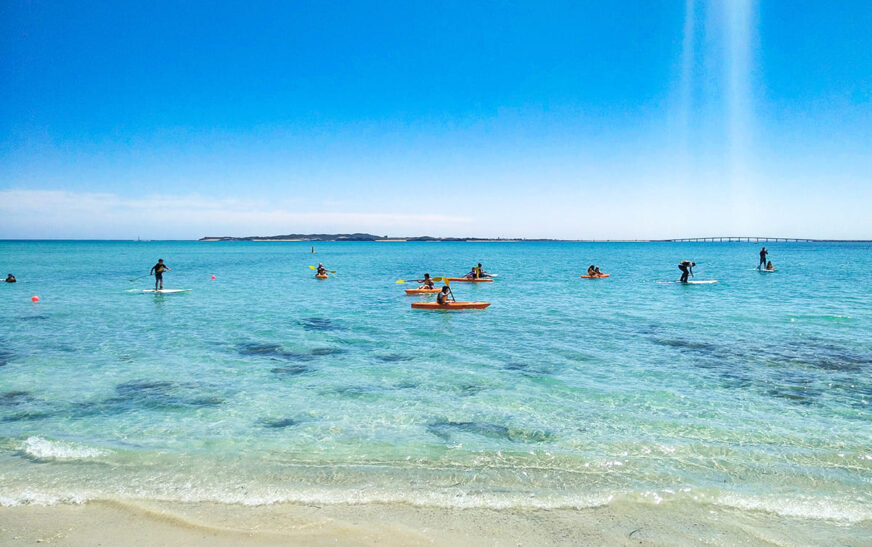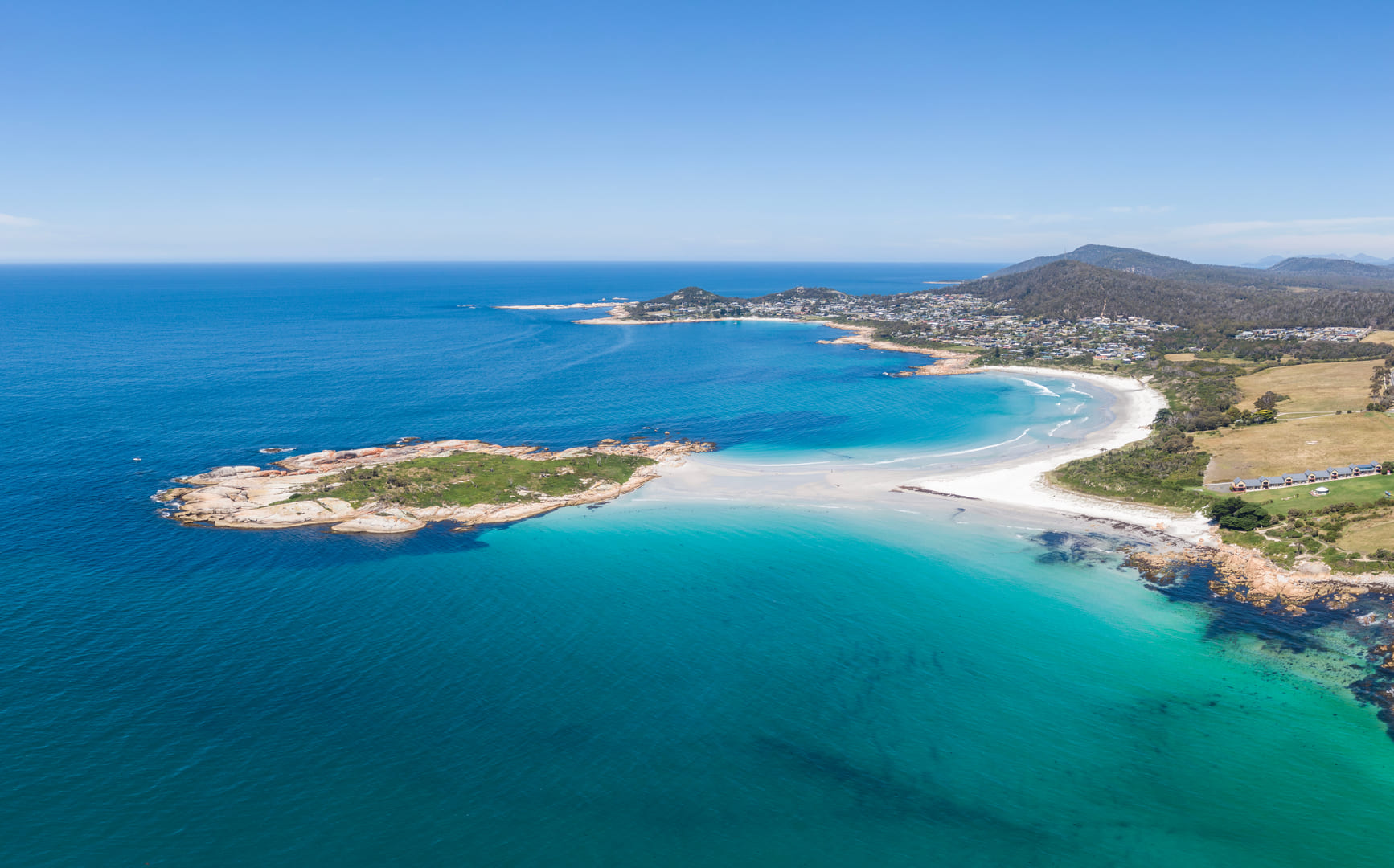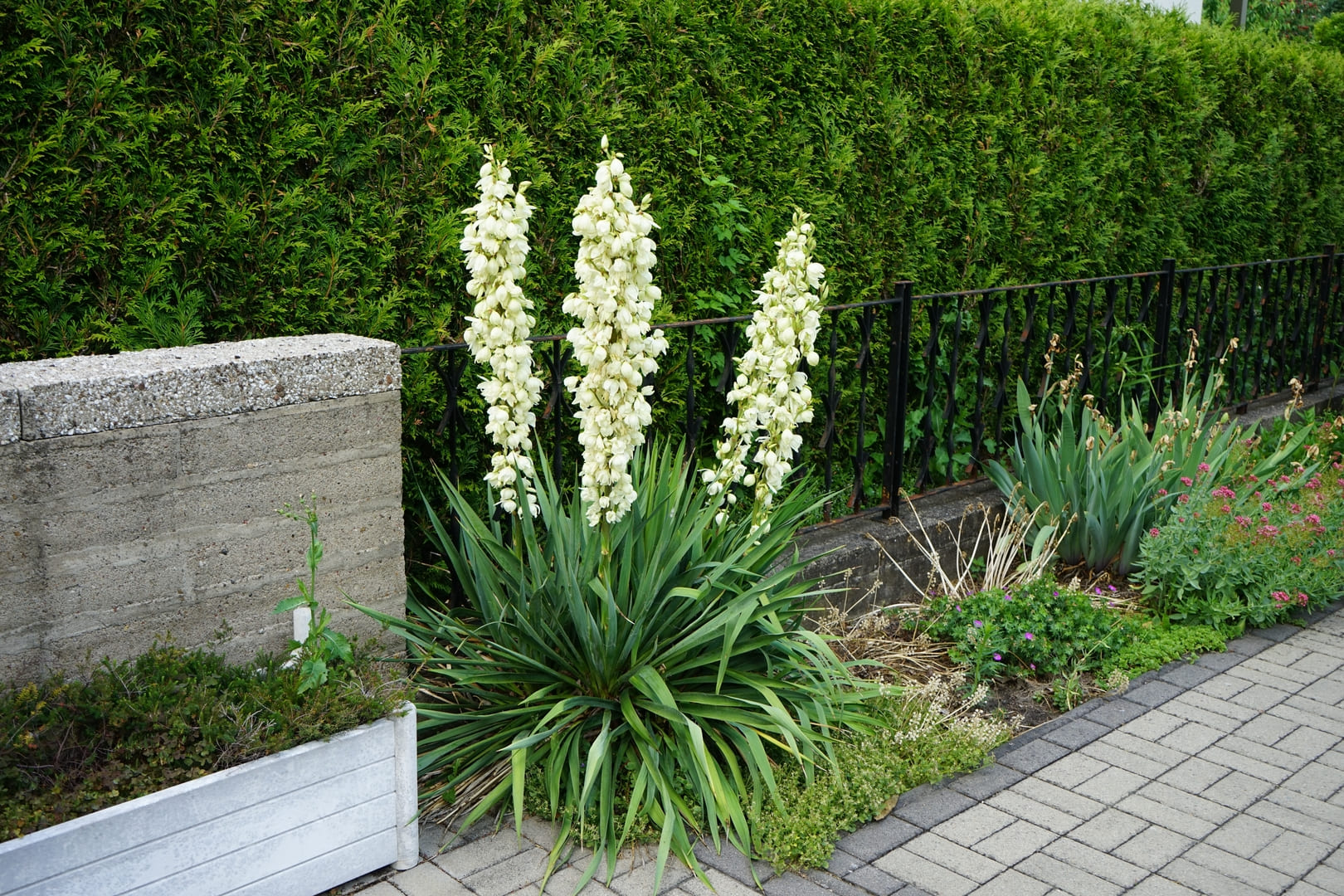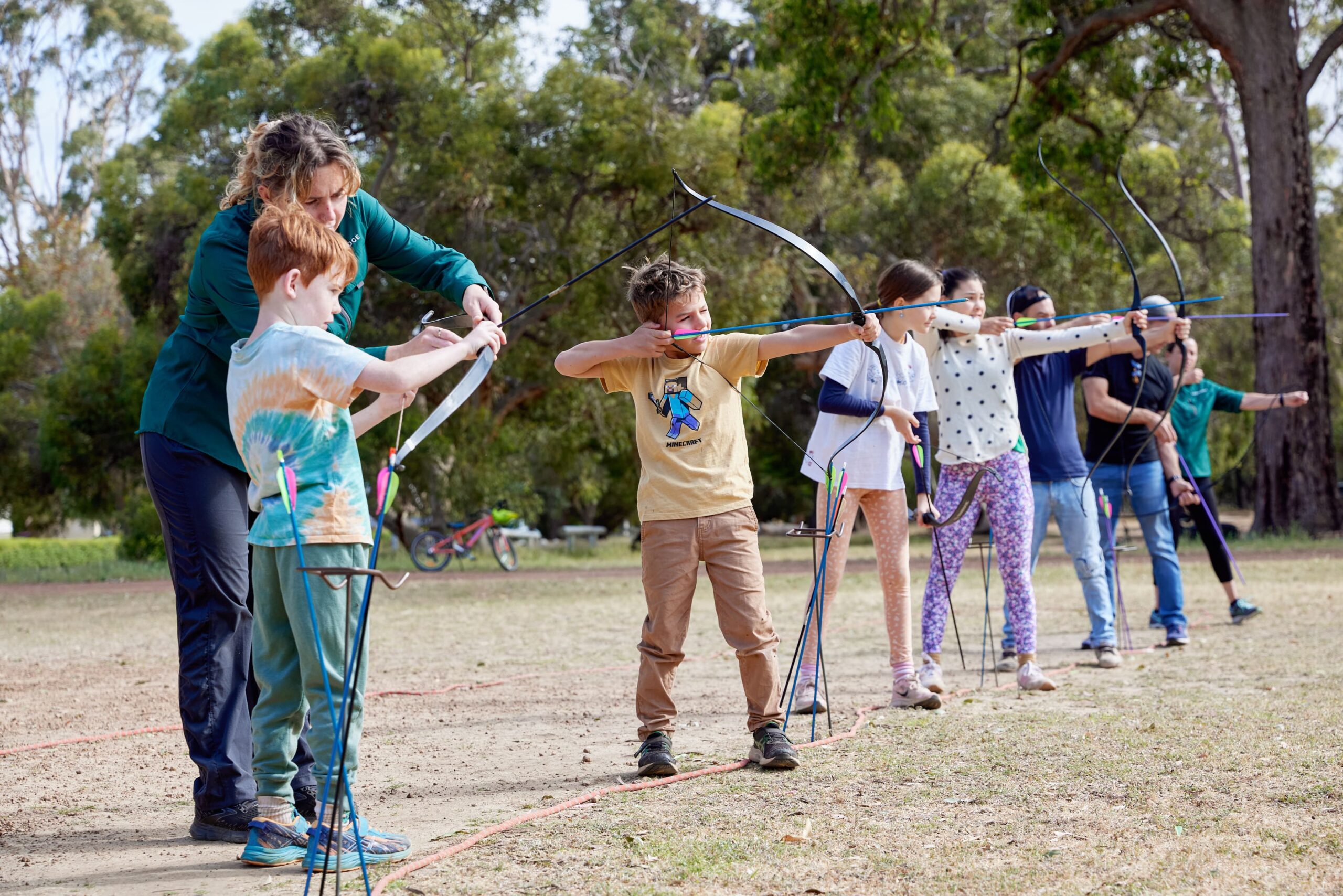Planning a retreat is about more than just picking a beautiful spot. A great retreat location should create an environment that fosters relaxation, learning, team-building, or personal growth—whatever the purpose of the gathering may be. Whether it’s a corporate getaway, wellness retreat, or family reunion, the right venue can make all the difference. Here’s what to look for when choosing the ideal retreat location.
Accessibility and Convenience
One of the first things to consider is how easy it is for attendees to get to the retreat. A location that’s too remote or difficult to access may discourage participation. Ideally, a retreat venue should be close enough to major transport hubs but far enough away to offer a break from everyday distractions. It should also have adequate parking and transport options for those arriving from different areas.

Comfortable Accommodation
Retreat participants need a place to rest and recharge. High-quality accommodation is essential, and options should cater to different preferences, from private rooms for those who want solitude to shared spaces for team-building experiences. The best retreat locations provide well-maintained, clean, and comfortable lodgings that suit the needs of diverse groups.
Versatile Meeting and Activity Spaces
A good retreat venue should offer flexible spaces that can accommodate various activities. For corporate retreats, this may include conference rooms with presentation equipment. For wellness retreats, it might mean open spaces for yoga or meditation. Having a variety of indoor and outdoor areas allows organisers to plan a mix of structured sessions and relaxed, informal gatherings.
Catering and Dining Options
Food is an important part of any retreat. A great venue should provide catering options that meet different dietary needs and preferences. Whether it’s full-service catering, self-catering facilities, or farm-to-table dining, having access to fresh, nutritious meals enhances the overall experience. Retreats that offer communal dining areas also create opportunities for connection and conversation.
Activities and Experiences
A well-rounded retreat should have activities that align with its purpose. Outdoor adventure programs, mindfulness exercises, creative workshops, or team-building challenges add depth to the experience. Options like bushwalking, archery, mountain biking, or group challenges encourage engagement and camaraderie. Access to nature and unique experiences can make a retreat more memorable and rewarding.
Scenic and Relaxing Environment
The setting of a retreat plays a significant role in its success. A peaceful and visually appealing location helps participants unwind and immerse themselves in the experience. Whether it’s a countryside escape, a coastal retreat, or a forest hideaway, natural surroundings contribute to relaxation and inspiration. Venues that offer access to walking trails, open fields, or waterfronts provide additional opportunities for rejuvenation.
Historical and Cultural Significance
A retreat location with a rich history or cultural significance can add depth to the experience. Heritage-listed sites or areas with Indigenous cultural connections allow participants to engage with their surroundings in meaningful ways. Staying in a venue with a story to tell can create a unique atmosphere that enhances the retreat’s purpose.
Privacy and Exclusivity
For many retreats, having a private space without outside distractions is crucial. Exclusive-use venues allow groups to fully immerse themselves in the experience without interruptions from other visitors. Whether it’s a small, intimate setting or a larger space with private accommodations, a sense of exclusivity helps create a focused and cohesive environment.
Technology and Connectivity
While some retreats encourage digital detoxing, others require access to technology for presentations, virtual participation, or business meetings. A reliable Wi-Fi connection, AV equipment, and adequate power sources should be available for those who need them. It’s essential to choose a venue that provides the right balance between connectivity and the opportunity to unplug.
Sustainability and Environmental Responsibility
With growing awareness of environmental impact, many retreat organisers seek eco-friendly venues. Retreat locations that prioritise sustainability—through renewable energy, water conservation, waste reduction, and responsible sourcing—align with ethical and environmental values. Sustainable practices enhance the overall retreat experience by encouraging mindfulness and respect for nature.
Customisation and Support
Every retreat has unique needs, so a good venue should offer flexible packages and support services. Customisation options, such as tailored activity programs, dietary accommodations, or adjustable room layouts, ensure that organisers can create a retreat that meets their specific goals. Having dedicated staff to assist with planning and logistics also makes a significant difference in the overall experience.
Safety and Wellbeing
Participant safety should always be a top priority. Retreat locations should have clear emergency procedures, well-maintained facilities, and access to medical assistance if needed. If the retreat involves outdoor activities, safety measures should be in place to protect participants from potential risks. A well-prepared venue gives organisers and attendees peace of mind.

Reputation and Reviews
Finally, researching a venue’s reputation can help determine whether it meets expectations. Looking at testimonials from past guests provides insights into the quality of accommodation, facilities, and services. Positive feedback from previous retreat organisers can indicate whether a location is well-suited for hosting successful events.
Choosing the Right Retreat Venue
Selecting a retreat location involves careful planning to ensure it aligns with the goals of the event and the needs of participants. A well-chosen venue enhances relaxation, learning, and connection, making the retreat a memorable and impactful experience. By prioritising accessibility, comfort, activities, and a supportive environment, organisers can create a retreat that leaves a lasting impression.

